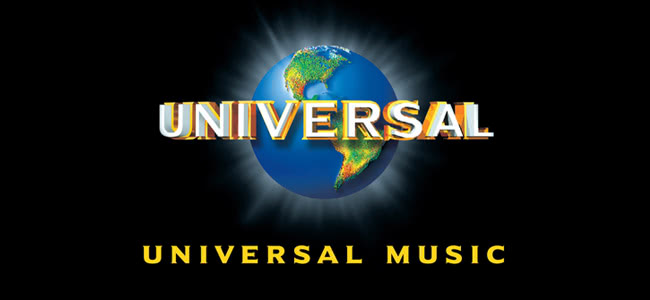After years of litigation that opened a flurry of lawsuits between musicians and their record companies, the iconic Eminem lawsuit against Universal Music Group over digital royatlies has finally come to a close with the two parties coming to a confidential settlement.
The lawsuit, which began in 2007, accused Universal Music Group of underpaying royalties to Eminem and his production company FBT recordings because they were treating digital downloads as sales instead of licensing which attracted a higher royalty rate.
The real major contentious point here is what exactly is a download. Are downloads sales and be treated the same as sales of CDs through the payment of royalties? Or is a downloaded song being licensed to the user meaning the record company should be paying artists a licensing fee?
Ironically enough the discrepancy was first brought up by the record companies themselves, who have tried to argue in court that they simply license music to the end user and therefore the public have no right to copy the song onto multiple devices. Funny how things turn out.
FBT recordings went to court arguing that the digital sales were not “records sold” but were in effect a licensing of master recordings and therefore artists should get a 50% cut of the proceeds – a significant jump from royalty payments artists have been receiving for years for physical sales which often max out at 12%.
This was rejected by a court initially, but an appeals court eventually decided that digital downloads count as “licenses” and the Supreme Court decided not to review the case after Universal appealed.
But despite coming to the conclusion that Eminem was entitled to a 50% royalty from digital record sales, the courts didn’t decide how much Universal Music Group would have to pay his production company FBT recordings.
Love Eminem?
Get the latest Eminem news, features, updates and giveaways straight to your inbox Learn more
The case was due to go back to trial in April 2013 to decide how much Universal would have to cough up, but the record label saw the writing on the wall adn wisely decided it was better to pay out on their own terms to make the case go away.
The effect of the case however has already been widespread in the music industry.
Lawyers, artists and record companies couldn’t have imagined digital technology when contracts were being drawn up 15 or 20 years ago. Indeed the industry tried to ignore it and buried their collective heads in the sand for many years while they attempted to control it to their advantage – largely in vain.
As a result of the courts ruling and a similar one in a case brought by Pink Floyd earlier this year, labels could be exposed to claims by artists totaling tens if not hundreds of millions of dollars.
In April this year, Weird Al Yankovic launched a similar lawsuit against his record company, Sony Music, for $5 million, claiming “improper and duplicate recoupments” which resulted in royalty under payments. He also wants to see some of the action from huge financial payouts Sony received from lawsuit settlements with Napster, Kazaa, and Grokster.




































